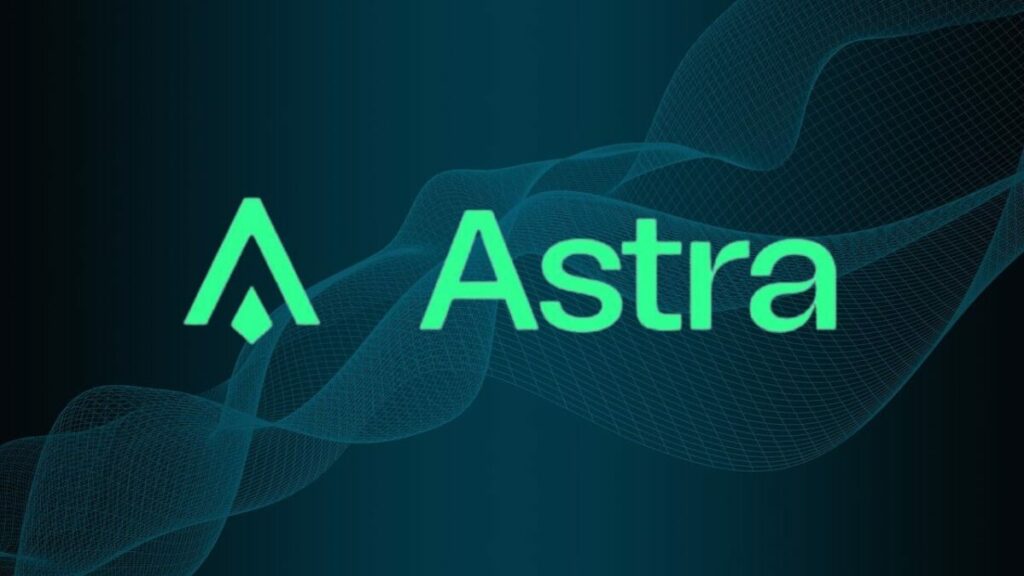Touted as the only globally patented decentralized KYC solution for Web3, Astra Protocol aims to revolutionize the crypto ecosystem by integrating legal and compliance requirements into blockchain platforms. Amid increasing regulatory purview, how is Astra Protocol contributing to the crypto regulatory landscape?
Stricter Crypto Regulations
Following a brutal previous year, financial regulators across the world have started to implement stringent policies regarding digital assets. The implosion of several high-profile crypto firms including Terra/Luna and FTX has sharpened policymakers’ awareness of the need to regulate the crypto and decentralized finance (DeFi) ecosystem.
Furthermore, it seems the authorities have started this brazen attack on crypto as frustration continues to grow over the disruption of the monopolistic traditional financial system in the wake of the banking crisis, last month. These events have triggered various legal frameworks around the world.
We at Crypto-Economy believe the brazen attack on crypto should stop. Instead, regulators should take proactive measures to ensure a balanced approach like fostering innovation while protecting investors and maintaining financial stability. In order to help DeFI and Web3 platforms easily comply with these regulations, Astra Protocol is making leaping strides to bridge the gap between the crypto industry and the broader financial sector.
Myriad Crypto Regulations Around The World
On April 20, Astra took to Twitter to weigh in on the crypto regulatory landscape across different countries to determine similarities and differences in their approaches to digital assets. The Web3 platform also discussed how it is contributing to building a secure, transparent, and regulated cryptocurrency ecosystem and implementing necessary AML and KYC requirements
According to the official blog post, the United States has a complex regulatory environment for crypto, with multiple agencies such as the Securities and Exchange Commission (SEC) and the Commodity Futures Trading Commission (CFTC) among others, overseeing different aspects. Meanwhile, the Financial Crimes Enforcement Network requires crypto exchanges to implement AML and KYC procedures.
🌐 Global perspectives on #CryptoRegulation: A comparison of legal frameworks in different nations!
Read about the regulatory responses to #Crypto from different countries and #Astra's contribution to easing the adoption of digital assets worldwide👇https://t.co/mp0b8TlnDB pic.twitter.com/TUN8AqkVwg
— Astra Protocol (@AstraProtocol) April 20, 2023
Other countries like Japan and South and South Korea have put forward robust regulatory frameworks due to their significant surge in digital assets adoption. However, in both these countries, crypto exchanges have to register and adhere to strict AML and KYC requirements. On the other hand, China has taken a more restrictive stance on crypto marking a steady decline in crypto trading, mining, and exchanges.
A Safer Web3
In the wake of these regulatory challenges, Astra is simplifying the process of Web3 and DeFi protocols to meet KYC and AML regulations without changing their underlying business models through its plug-and-play software. It acts as a platform to resolve industry compliance issues by leveraging trusted legal firms’ expertise while preserving user anonymity.
Astra has been tapping major legal and audit companies on-chain with its Decentralized Legal Network (DLN), like KPMG. In addition, it brings in financial regulatory standards for over 155 countries and over 300 sanctions. The platform wrote,
“With the backing of major global firms, Astra provides faster and more cost-effective KYC that surpasses what centralized services offer, affirming decentralization.”
It seems Astra Protocol will play a pivotal role in shaping the future of crypto-regulation with a formidable advisory board that includes members from the UK Parliament and US Administration. This will further help to ensure compliance and adherence to laws and regulations that impact the financial infrastructure on a global scale.
Astra Protocol Aims to Curb Crypto-Related Scams
Astra also aims to deploy an on-chain dispute resolution system by adding a legal assurance layer to blockchain-based smart contracts resulting in businesses, universities, governments, non-governmental organizations, and others having safe access to DeFi.
“Astra brings a trusted solution that meets the needs of both regulators and Web3.” —Mick Mulvaney, former White House Chief of Staff!
Learn more about Mick Mulvaney’s views on #Astra and its decentralized compliance technology for the #Web3 economy!👇 pic.twitter.com/ymXvh7mNB5
— Astra Protocol (@AstraProtocol) April 19, 2023
Moreover, the DeFi protocol said it will help to curb crypto-related scams by ensuring user security and integrating anti-money laundering features. Last month, Astra managed to score a security analysis score of 10 out of 10 along with a score of 9.8 in the customer’s smart contract segment conducted by Hacken audit that evaluates vulnerability assessments of smart contracts deployed on the Ethereum (ETH) network and root out security flaws. Recently, Mick Mulvaney, former White House Chief of Staff and Strategic Advisor to Astra Protocol said,
“Astra brings a trusted solution that meets the needs of both regulators and Web3.”











